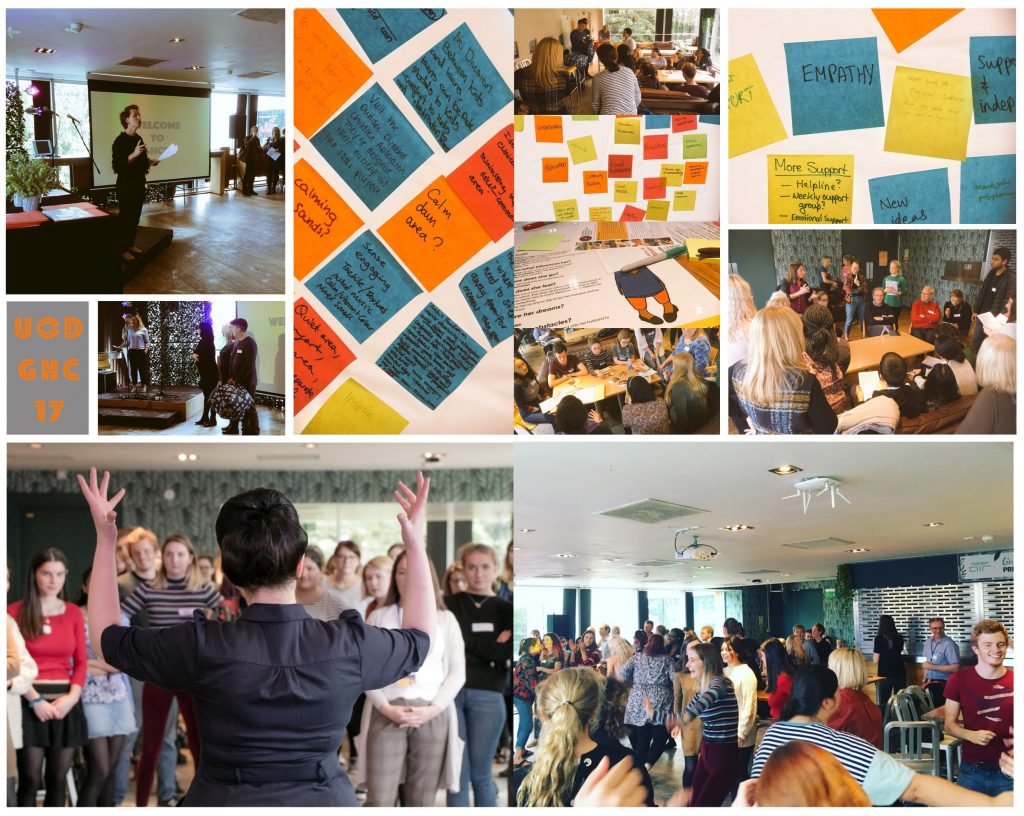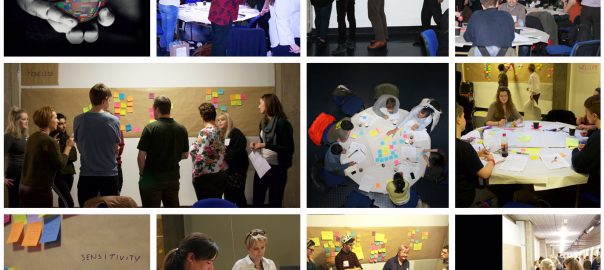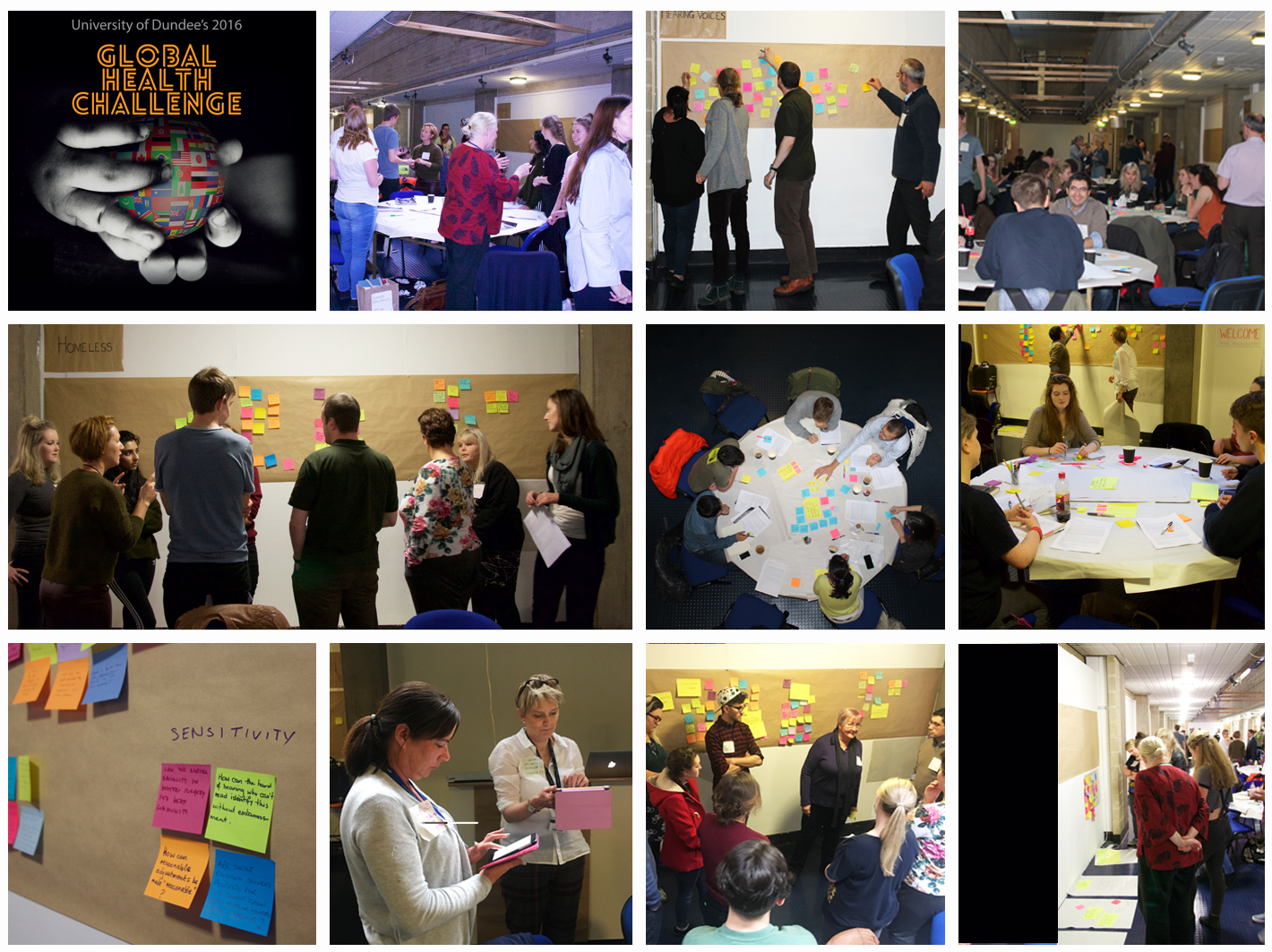The University’s award winning Global Health Challenge is restarting in 2022/23 following a break due to Covid. We are inviting students from our eight schools to work together across 6 teams to design innovative and entrepreneurial solutions for the global issues of climate change, sustainability and public health. The aim being to improve social, cultural, physical and mental wellbeing.
With growing awareness of how climate change and sustainability impact on health, our challenges for Global Health Challenge 2023 (GHC23) have a sustainability focus. This links with the University’s strategic themes of net zero and climate, population health and wealth and equality and inclusion and also Dundee City Council’s Sustainable Dundee strategy.
Our partners for GHC23 are Dundee City Council, NHS Tayside, The Green Health Partnership, DUSA and for the first time University departments and an academic school. Participating students will get an opportunity to work with one of these organisations to design innovative and entrepreneurial solutions to tackle real challenges that are faced by individuals, families and communities.
When is GHC23 …
Launching on Wednesday 25 January, GHC23 involves a commitment over five consecutive Wednesday afternoons culminating in a Pecha Kucha session where each team will present their challenge project on Wednesday 22 February 2023.
What’s in it for me …
The Global Health Challenge is a great opportunity to learn from other students, staff and the local community, to problem solve, be creative and develop new skills. Students who’ve taken part in previous years have gone onto to complete the Elevator Accelerator programme run by the UoD Centre for Entrepreneurship to develop their concepts and solutions further. Others have gained invaluable experience through unique volunteering opportunities and been invited to present their projects and raise awareness to a variety of different audiences including senior representatives in the local tourist industry and at the University’s annual Discovery Days.
How can I take part in GHC23 …
GHC23 is open to all 2nd or 3rd year students across the University as well as BMSc students and 1st year Health Sciences students. If you’d like to take part in this year’s Global Health Challenge please tell us a little about yourself by completing our application form.
The deadline for applications has been extended to 23:00h on Monday 12 December 2022 and we will confirm your place by 14 December.
You can find out more about our upcoming challenges and previous Global Health Challenges and hear about the Open Ears team’s experience of doing the GHC and the idea they developed.
If you have any queries about the application process, please email Natalie Lafferty at n.t.lafferty@dundee.ac.uk
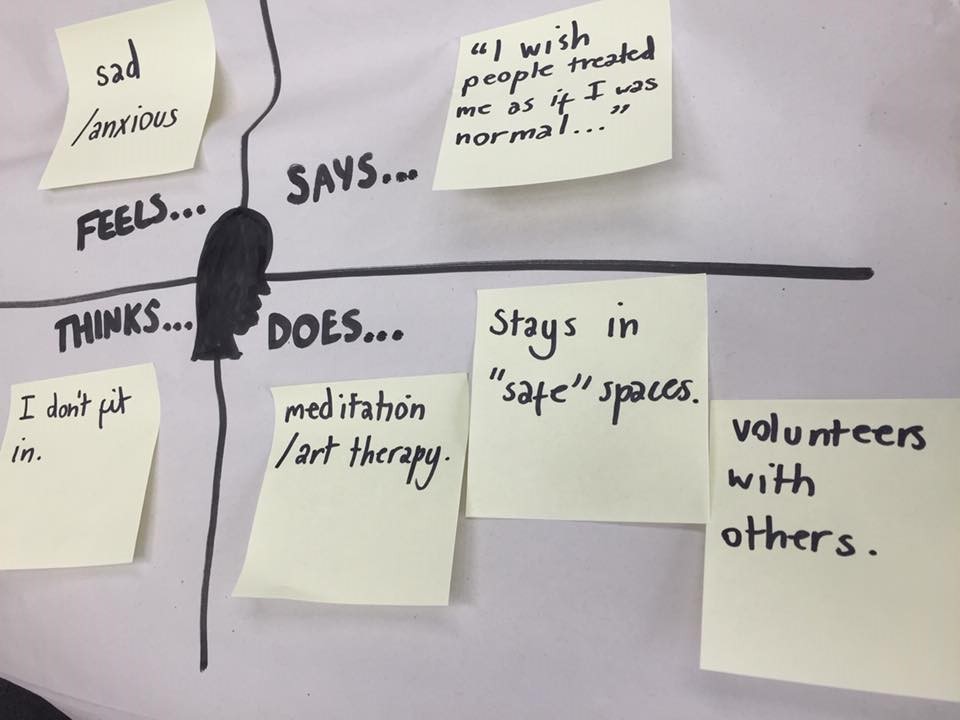
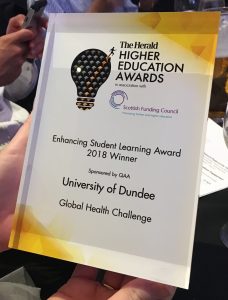 The Global Health Challenge (GHC) saw success at the Herald Higher Education Awards in Glasgow on 28th June when it was announced the winner of the Enhancing Student Learning Award. Members of GHC co-ordinating team were delighted to receive the award from former University of Dundee Rector, Fred MacAulay.
The Global Health Challenge (GHC) saw success at the Herald Higher Education Awards in Glasgow on 28th June when it was announced the winner of the Enhancing Student Learning Award. Members of GHC co-ordinating team were delighted to receive the award from former University of Dundee Rector, Fred MacAulay.